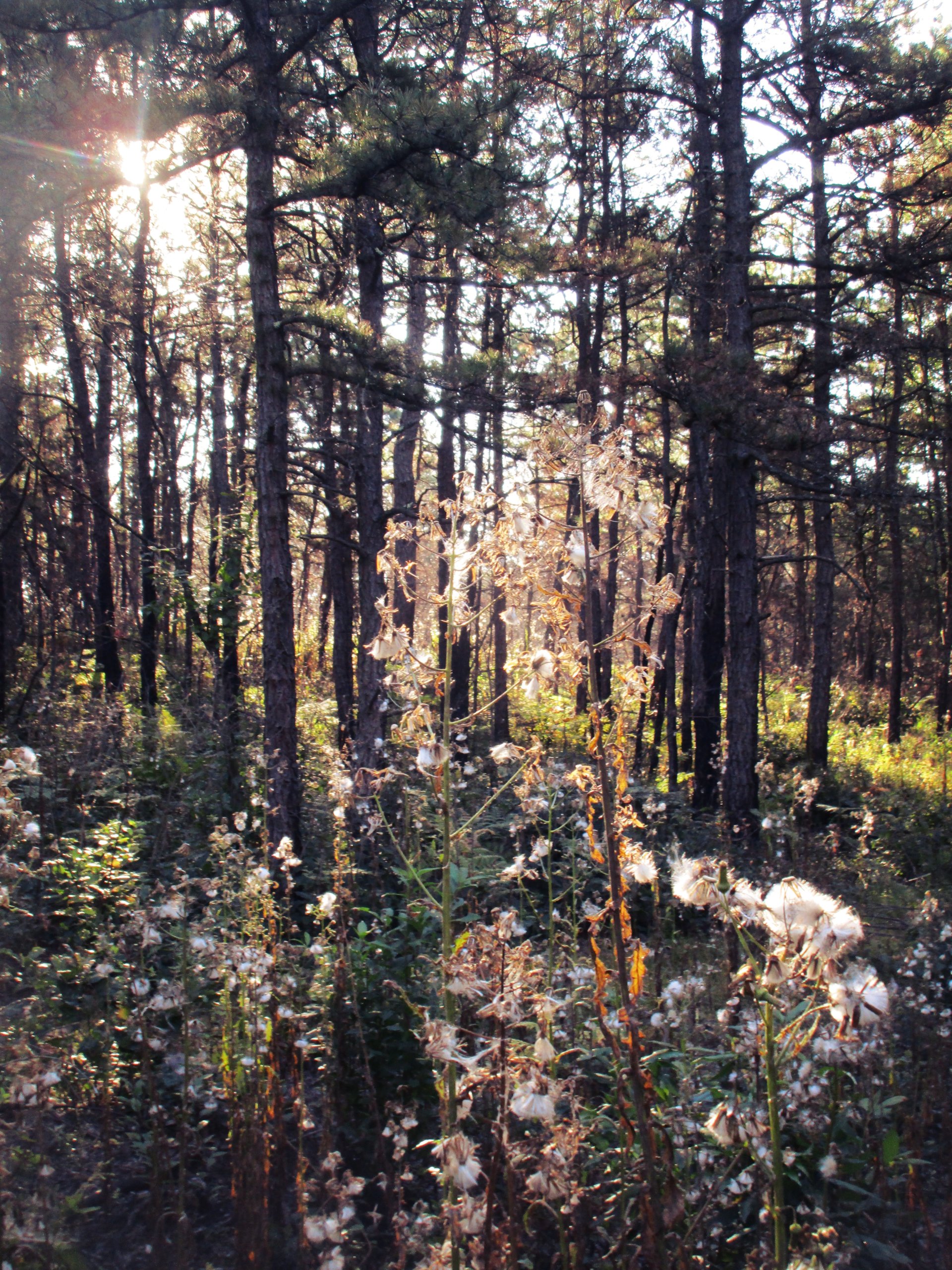ALBANY — The city wants to expand its rapidly filling dump onto 10 acres it had already dedicated to the Pine Bush Preserve.
"We hope that people would be reasonable and know what we are up against," Mayor Jerry Jennings told the Times Union editorial board on Wednesday. "I know some people are going to fight us on this."
During his State of the City address last week, Jennings said the city wants to expand the Rapp Road facility near Thruway Exit 24 into 10 city-owned acres. A decade ago, Albany dedicated that land as forever-wild to the preserve, which includes about 3,000 acres in Albany, Colonie and Guilderland.
It would be the first time that the city has sought to remove land from the preserve since its creation by the state in 1988.
"Taking land from the preserve for a dump sets a terrible precedent," Save the Pine Bush Secretary Lynne Jackson said Wednesday. "Who is to say that in another five years, another 10 acres won’t be needed, and then another and another?"
The Pine Bush is one of the largest of about 20 inland pine barrens worldwide. It was formed toward the end of the last Ice Age 15,000 years ago when a large glacial lake stretched from present day Glens Falls to Newburgh.
The lake drained and left behind the sandy soils that now support the scrub pines of the rare ecosystem. Less than a fifth of the original Pine Bush survives, with the remaining area divided by highways, shopping malls and industrial parks.
Jennings is turning to the 10-acre patch of preserve land because the Rapp Road dump will be full in four years, long before a proposed new city-owned regional dump in Coeymans could be opened. But that plan is facing delays linked to wetlands on the 363-acre parcel as well as legal challenges by local opponents.
Chris Hawver, executive director of the Pine Bush Preserve Commission, said, "This is a precedent that we don’t want to see happen," he said. "The city needs to look at other alternatives."
Jennings said the city could give the commission money to buy other land in the Pine Bush to offset the 10 acres that could be lost.
Last week the city dropped its plan to expand the dump into 20 acres at the Fox Run Estates trailer park after Save the Pine Bush sued because the city had promised in 2000 to donate the land to the preserve.
The city earns about $13 million a year — a tenth of its annual budget — by taking trash from private haulers and the communities in the ANSWERS consortium that includes Cohoes, Rensselaer, Watervliet, Berne, Bethlehem, Guilderland, Knox, New Scotland, Rensselaerville, Westerlo, Green Island and Altamont.
Albany cannot afford to slow down the flow of trash, which would extend the life of the dump, Jennings said. "It is a financial situation for us," he said.
When the city expanded the landfill in 2000, it was projected to last for 15 years. However, because the city is taking in nearly as much trash as allowed under its state permit, the expansion will be filled by 2010.
Without a place to put its garbage, the city would be forced to pay to haul it away, Jennings said. That expense, coupled with the revenue loss, could force massive property tax increases and city worker layoffs, he warned. Removing land from the preserve — a process called alienation — requires state legislative approval. Assemblyman Jack McEneney said Jennings has approached him about sponsoring such a bill.
"This is a battle that has to be fought in the Common Council," said McEneney, an Albany Democrat. "This is a local matter and will require a home-rule message from the council."
There appeared to be some division on the 15-member council over the idea of sacrificing Pine Bush Preserve acres.
"There seems to be an air of inevitability about this," said Common Council President Shawn Morris. "This is the largest opportunity available to the city at this time."
However, she added, the dump squeeze "opens the door for the big discussion of the future of the landfill and the city’s dependency on revenue from the landfill."
Council member Dominick Calsolaro said Jennings must work with the council to find a solution to the garbage issues and questioned whether the preserve should be reduced. "We need a better dialogue on this," Calsolaro said.
